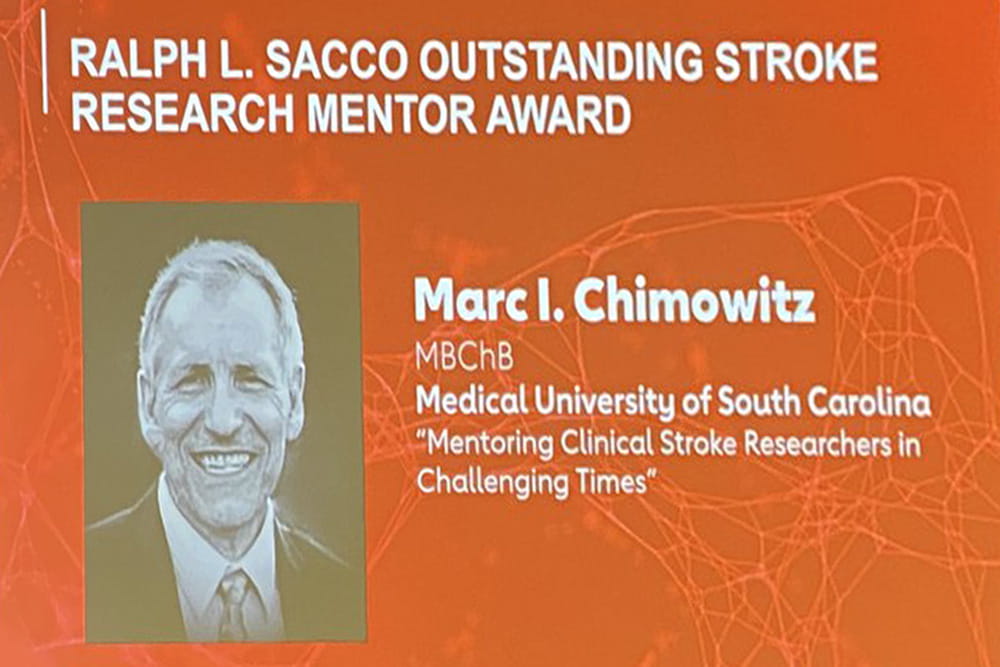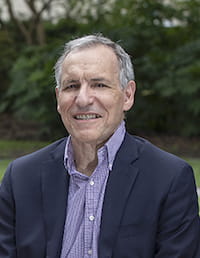Well maybe now we can get decent mentors that instructs all researchers to measure for and get to the goal of 100% recovery.
So who needs to die before we get actual stroke leadership and a strategy to get all survivors 100% recovered? I hold out no hope for anyone currently in the field stepping up to take on that leadership.
So who are the superstar researchers and supposed stroke leaders that are holding up research by staying alive and preventing challenges to their field and the current orthodoxy? Yes this is way out there but proven true. Found this quote in the book 'The Bonobo and the Atheist: In Search of Humanism Among the Primates'. I've written about students that seems to know more about stroke research than most of the research I've seen.
Michael Gazzangia interviewed in Annals of the New York Academy of Sciences(The Year in Cognitive Neuroscience) 1224(2011), p.8.
Glasgow student creates rehabilitation device to help stroke survivors
Student Start-Up Company Develops Stroke Rehab App for iPad
Does Science Advance One Funeral at a Time? Dec. 2015
The latest here; maybe now we can get stroke solved with the correct mentoring.
Mentoring the next generation of stroke researchers

Marc Chimowitz, MBChB, was awarded the inaugural Ralph L. Sacco Outstanding Stroke Research Mentor Award by the American Stroke Association at its 2024 international stroke conference in Phoenix, Arizona.
Chimowitz is internationally recognized as a leader in overseeing multisite stroke trials such as WASID, SAMMPRIS and CAPTIVA, many of them having been rolled out through StrokeNet, a National Institutes of Health-funded clinical trial network. The recent award, however, recognized his contributions to mentoring the next generation of physician-scientists in the field of stroke.
The award honors Ralph Sacco, M.D., who died in January of 2023. Sacco was a past president of the American Heart Association and American Stroke Association as well as the past director of the University of Miami Clinical and Translational Science Institute.

“Mentoring has been a great academic passion of mine, so it was an honor to receive this award,” said Chimowitz. “The award was particularly meaningful to me because Ralph Sacco co-directed the NIH StrokeNet Prevention Working Group with me for seven years.”
Chimowitz, professor emeritus of Neurology at MUSC, was recruited from Emory to MUSC in 2008 as associate dean for faculty development in the College of Medicine to develop mentoring programs. He also served as associate principal investigator and director of the multisite clinical trials team and the KL2 training program for the South Carolina Clinical & Translational Research (SCTR) Institute. The KL2 program equips early-stage investigators to conduct independent translational and clinical research.
“Dr. Chimowitz was an incredible mentor to numerous clinician-scientists at Emory and MUSC, many of whom have gone on to become successful researchers and leaders in their fields,” said SCTR co-director Kathleen Brady, M.D., Ph.D. “He also developed and led a number of innovative mentorship programs that continue to benefit hundreds of junior faculty interested in developing research careers.”
“In my view, there is nothing more rewarding in academic medicine than helping your mentees to succeed.”
-- Dr. Marc Chimowitz
Chimowitz formed the University Mentor Leadership Council, which seeks to develop and enhance mentoring programs across campus. Under his leadership, the council developed a framework for departmental mentoring plans that has been implemented across campus and shared in a 2019 publication in the Journal of Clinical and Translational Science. The council also organizes a monthly Tools for Mentors and Mentees series and the Annual SCTR Mentorship Symposium, which continues to bring experts in various facets of mentoring to Charleston.
As director of the KL2 program, Chimowitz coordinated mentoring activities across all K, or research career development, programs and started the K to R club to help K scholars with their applications for R01 grants, which provide substantial funding to mature projects and are considered the foundation for most research careers. He also began an eight-week grant-writing course for K scholars and founded the Society for Research and Translational Early Scientists (SOCRATES) so that research trainees could collaborate and present their research to peers and senior faculty members. He has provided one-on-one mentoring of fellows and faculty at MUSC and other institutions in both clinical care and research.
"Dr. Chimowitz was an incredible mentor to numerous clinician-scientists at Emory and MUSC, many of whom have gone on to become successful researchers and leaders in their fields."
-- Dr. Kathleen Brady
“If I were to choose one thing I learned from Dr. Chimowitz in carrying out research, that would be integrity,” said stroke neurologist-researcher Sami Al Kasab, M.D., of the Department of Neurosurgery at MUSC, one of Chimowitz’s mentees. “This has taught me no matter how long it may take, ensuring the integrity of my research work remains the top priority. I remember he once told me, ‘you are better off having 50 highly impactful papers than hundreds of papers that don’t help to advance the field.’”
For all these efforts, Chimowitz was recognized with MUSC’s prestigious Peggy Schachte Research Mentoring Award and is now receiving national recognition by the American Stroke Association.
Chimowitz’s years of mentoring and leading mentoring initiatives have taught him some key lessons. You need a formal plan for mentoring, which he has ensured that all departments at MUSC have. Mentorship is a lifelong project and everyone, even senior mentors, should have mentors. Finally, and perhaps most importantly, mentoring is a two-way street and benefits both mentor and mentee.
“Mentoring should be a reciprocal relationship. I have learnt so much from my mentees over the years, and we’ve had a lot of fun working together,” said Chimowitz. “In my view, there is nothing more rewarding in academic medicine than helping your mentees to succeed.”
No comments:
Post a Comment